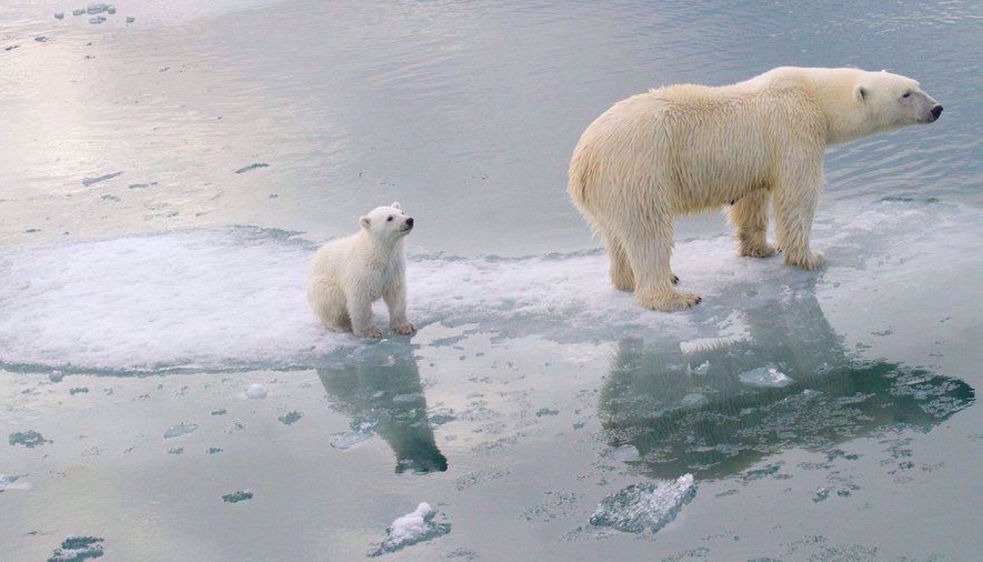
This file photo shows polar bears in the Arctic, which according to a recent scientific report is warming more rapidly than other parts of the world.
New York, May 21 (RHC)-- A new scientific report shows the Arctic region of the Earth has warmed three times faster than the rest of the planet as a whole between 1971 and 2019, a higher rate than previously thought.
Each fraction of a degree makes a big difference: the chances of the ice disappearing entirely in summer -- before freezing again in winter -- are 10 times greater if Earth's temperature rises by 2 degrees Celsius than if it rises by 1.5C, goals laid out by the Paris Accord, the report warned on Thursday.
The alarming data is part of a report by the Arctic Monitoring and Assessment Program (AMAP), published to coincide with a ministerial meeting this week of the Arctic Council in Reykjavik gathering countries bordering the region.
"An important update is that the increase in Arctic annual mean surface temperature (land and ocean) between 1971 and 2019 was three times higher than the increase in the global average during the same period. This is higher than reported in previous AMAP assessments," the report's authors said.
The previous update, in 2019, said annual average warming in the Arctic was "more than twice the global mean, with higher increases in winter." In less than half a century, from 1971 to 2019, the Arctic's average annual temperature rose by 3.1C compared to 1C for the planet as a whole, according to the updated report.
"The probability of an ice-free Arctic summer is 10 times greater under a 2C global warming scenario compared with a 1.5C scenario," the researchers said.
According to forecasts cited in the report, by the end of the century average temperatures in the Arctic are expected to rise by between 3.3 and 10 degrees above the average for the period 1985-2014, with the final figure depending on future greenhouse gas emissions.

